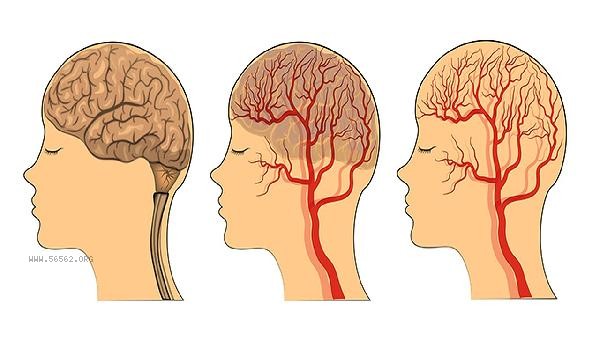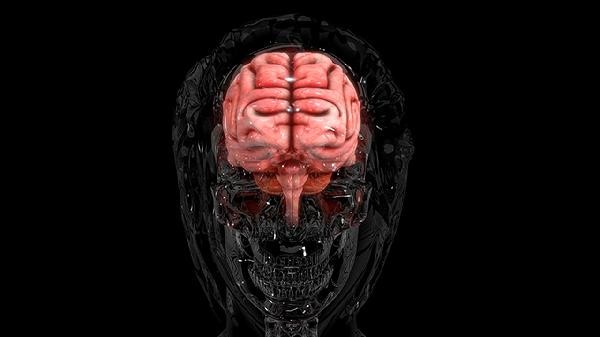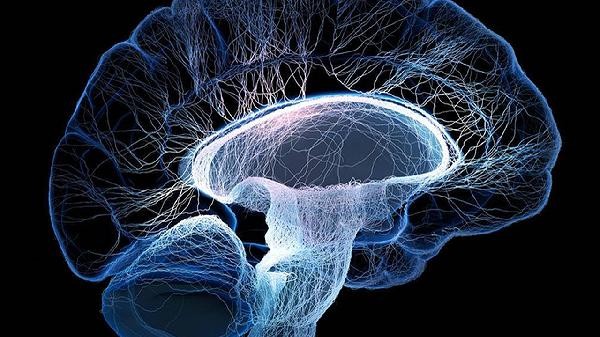The brain can be improved by adjusting daily routines, mindfulness training, cognitive and behavioral interventions, optimizing the environment, and professional assessments if it is constantly in a state of distraction. Mind wandering is usually caused by factors such as distraction, psychological stress, lack of sleep, anxiety, depression, or attention deficit hyperactivity disorder.

1. Adjusting daily routine
Maintaining regular sleep helps stabilize brain alertness. Long term sleep deprivation can reduce the function of the prefrontal cortex, leading to a decline in attention control ability. It is recommended to set a fixed bedtime and wake-up time, avoid using electronic devices before bedtime, and control your lunch break for about 20 minutes. Moderate daytime exercise such as brisk walking or yoga can improve sleep quality, but vigorous exercise should be avoided 3 hours before bedtime.
2. Mindfulness training
cultivates concentration through breath anchoring, observing the abdominal movements during breathing for 10 minutes every day, and gently pulling attention back when feeling distracted. Progressive muscle relaxation training can also reduce the interference of physical tension on attention. Long term practice can enhance the collaborative function between the default mode network and the execution control network.
3. Cognitive behavioral intervention
Record the triggering scenarios of distraction and develop coping strategies, such as clearing desktop clutter before important tasks and using tomato work method to focus in segments. For the distraction caused by excessive worry, a mind log can be used to distinguish between facts and imagination. Establishing a task priority list can reduce attention span caused by decision fatigue.

4. environmental optimization
The work area uses cool toned lighting to reduce visual interference, and background white noise can mask sudden sounds. Set the phone to Do Not Disturb mode and move out of sight, and turn off non essential notifications on the computer. Change posture or gaze into the distance every 45 minutes, using environmental cues such as specific fragrances to prompt the brain to enter a focused state.
5. Professional evaluation
Severe distraction lasting for more than 6 months may indicate potential issues. Doctors will use continuous executive function tests to identify attention deficit hyperactivity disorder and anxiety depression scales to assess emotional factors. EEG examination can detect abnormal slow wave activity, and if necessary, transcranial magnetic stimulation can be used to improve neural regulation function.

Daily intake of deep-sea fish, walnuts, and other foods rich in omega-3 fatty acids can be increased, and vitamin B supplements can be provided to maintain nerve conduction function. Short term distraction is a normal resting mechanism of the brain, but it requires systematic adjustment when it frequently affects efficiency. It is recommended to establish a dedicated diary to track improvement progress and avoid consuming cognitive resources by handling multiple tasks simultaneously. If the self-regulation effect is limited, professional guidance from clinical psychologists or psychiatrists should be sought in a timely manner.







Comments (0)
Leave a Comment
No comments yet
Be the first to share your thoughts!